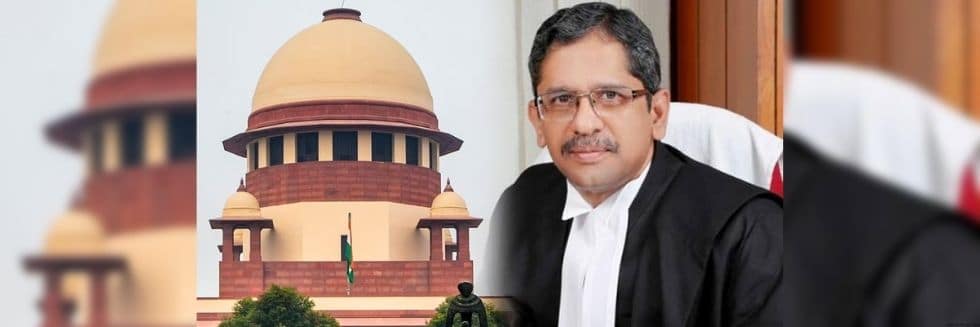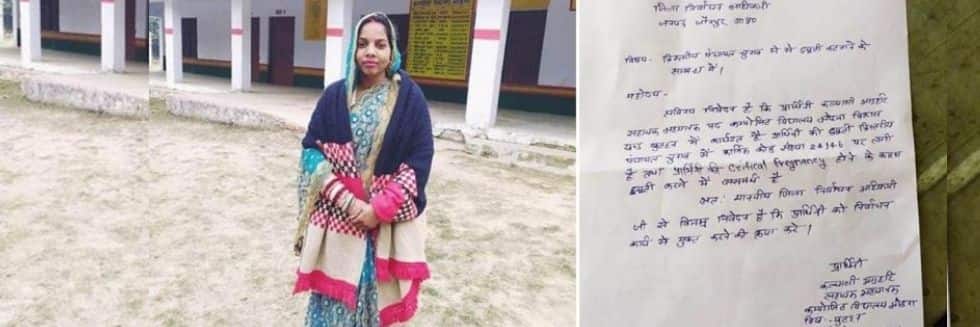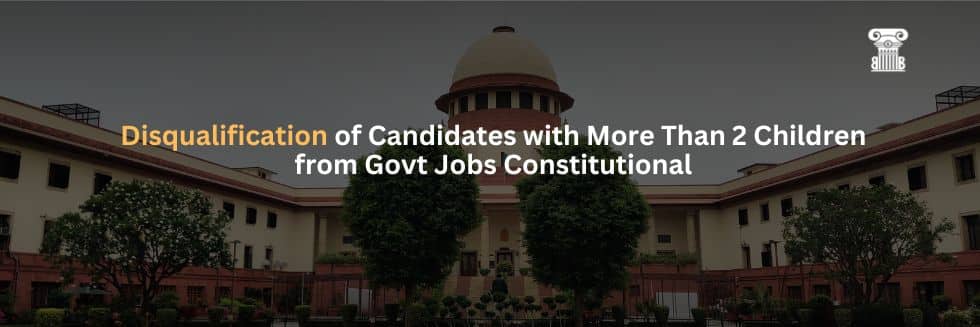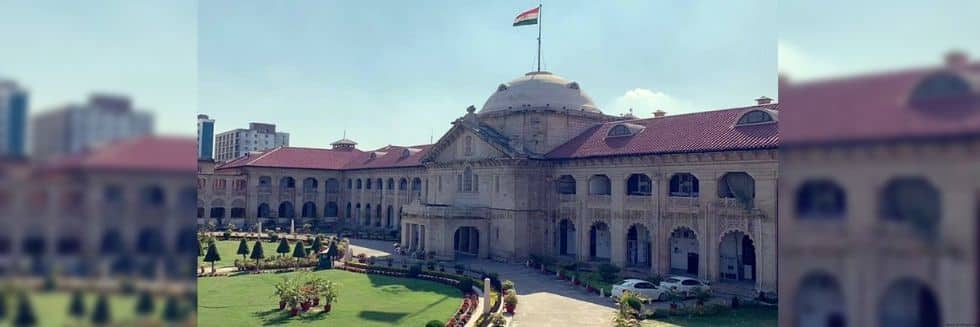Supreme Court on Monday refused to grant urgent listing for a plea against the divorce through Talaq-e-Hasan which is another form of extra-judicial divorce practice in Muslim personal laws.
Talaq-e-Hasan is a practice where a Muslim man can divorce his wife by saying the word ‘Talaq’ once a month over a period of three months. Talaq-e-Biddat, popularly known as Triple talaq, was declared unconstitutional by the Supreme Court in 2017.
A petition was filed by journalist Benazeer Heena through Advocate-on-Record Ashwani Kumar Dubey. She submitted that her husband had sent the first installment of Talaq through a speed post on April 19.
The matter was listed for urgent listing on May 8. AOR Dubey submitted, “This is related to Talaq-e-Hasan.”
“Any urgency,” CJI NV Ramana asked.
“We’ve received a notice,” the counsel submitted.
“Sorry. After 10 years. Ok? What is this? Everyday you’ll come for one matter…we’ve no other work? Sorry!”, CJI Ramana said.
What Relief Petitioner Has Demanded?
In her petition, Journalist Benazeer Heena claimed that her abusive husband has sent her the first Talaq-e-Hasan notice. She added that her in-laws have harassed her for not giving dowry.
The petitioner stated that she had filed a complaint with Delhi Women Commission and had also filed an FIR. She added that she was told that Talaq-e-Hasan is legalised under Shariat Act.
“Many Islamic nations have restricted such practice, while it continues to vex the Indian society in general and Muslim women like the Petitioner in particular. It is submitted that the practice also wreaks havoc to lives of many women and their children, especially those belonging to the weaker economic sections of the society,” she stated.
The petitioner cited the Supreme Court judgment in Prakash and Others v. Phulavati & Ors to contend that marriage and inheritance laws are not a part of personal codes and should be updated with time.
Benazeer has also sought the Centre government’s intervention to frame guidelines for uniform and neutral grounds for divorce for all the citizens of the country.
The petitioner also contended that Talaq-e-Hasan is discriminatory since only men can divorce their wives. She urged the bench to declare the practice unconstitutional as it is arbitrary and violative of Article 14, Article 15, Article 21 and Article 25 of the Indian Constitution. The petitioner submitted that this is not an essential practice under Islam.






